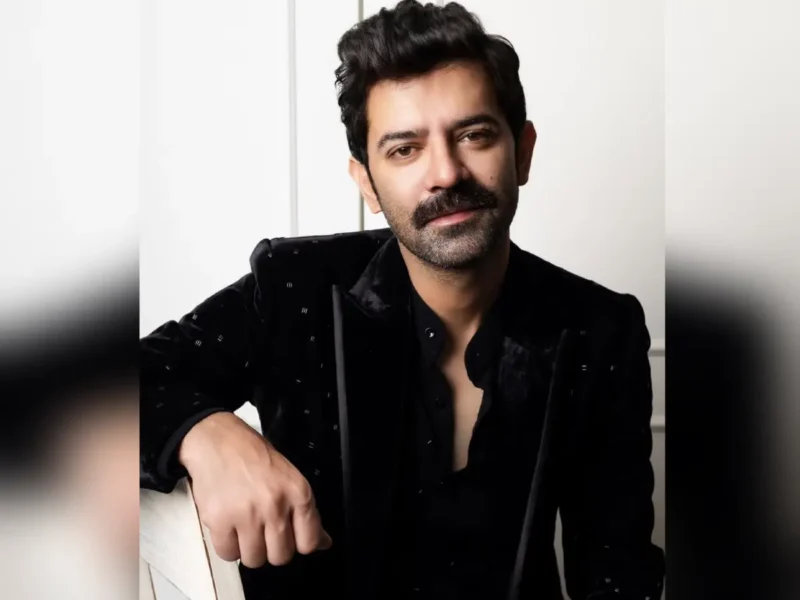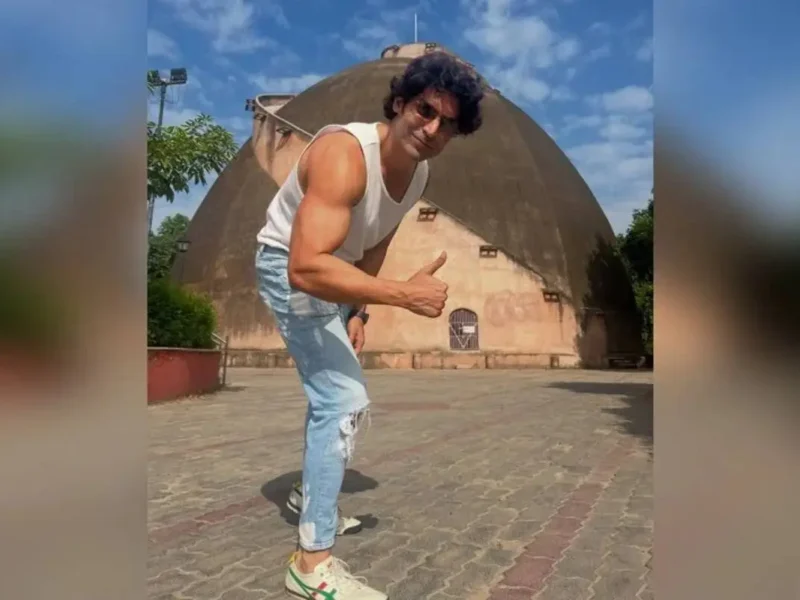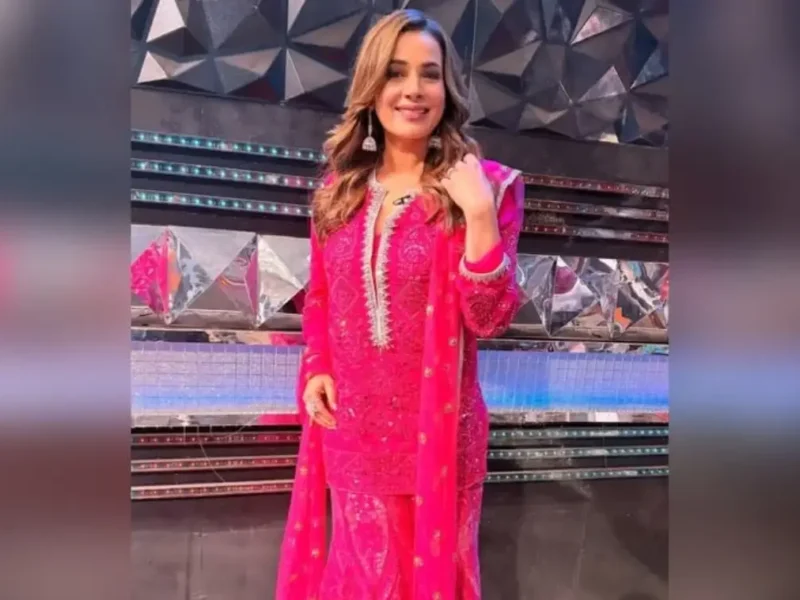
‘Aani Kay Hava’/ ‘Aur Kya Chahiye’ Season 3 Review: Not as Good as the First Two Seasons, But Pleasant Enough Nonetheless
A scene from “Aani Kay Hava”/ “Aur Kya Chahiye.” (Publicity Photo)
By R.M. VIJAYAKAR/Special to India-West
MUMBAI — The extremely slice-of-life yet hilarious (a very difficult and rare combo) first two seasons of “Aani Kay Hava” / “Aur Kya Chahiye” were nothing less than quasi-masterpieces of creativity and clean entertainment when released in 2019 and 2020 respectively. They fully deserved the composite 5-star rating I gave them then for their exceptional look at a (first) newly-married today urban couple and their “first” experiences and varied ones later in their married life, including their families and profession. Each season was marked by six episodes of approximately 20 minutes each.
In its third season, the same 6 by 20 format is followed. The slice-of-life quotient too is maintained, but the humor caliber and general level sinks to a good extent. Four of the six episodes seem meandering and pointless, especially for a couple now shown in their new home with five years of matrimony behind them.
The second episode in particular, about visiting kids of relatives, is funny only until the couple gets to know the precocious kids, whom they want to turn from idealistic to normal fun- and mischief-loving children. The end is abrupt and leaves an incomplete and silly feel.
So does the “No Office Talk” episode on how the couple decides to leave their work stresses outside the home. The episode “Gruh Taare” on astrology is so classically real that the end result should have been funnier (in keeping with the spirit of the show) yet well-rounded. The part on menstrual periods may be a shade bolder for Marathi/Indian audiences but fails to reach the humor level it could have with more motivated writing.
The series opens well with “Sadyanchi Kharedi” (Purchase of sarees) and shows promise of almost the same level of writing as the earlier seasons by Varun Narvekar, and that makes the slide in the calibers of the next four episodes even more disappointing. A pleasant turnaround does come, but a shade too late, with the last episode, “Bhandan” (Quarrel, incorrectly subtitled in English as “Argument”).
This finale of the season is beautifully done, with the serious and emotional side occupying centre-stage and the humor as just the necessary undercurrent.
While this sequence of episodes may be a shrewd ploy to help generate Season 4 (there is obviously no chronology), we wish that the remaining (in-between) stories had more flesh and pith in them. The background score is a reprise of the earlier seasons and technically the series is on par.
What saves the day for the show are the consummate performances and dazzlingly electric chemistry between real-life husband and wife couple Priya Bapat as Jui and Umesh Kamat as Saket as reel counterparts. With Bapat, the range (as witnessed in her magnificent gray role in “Mahanagari—City of Dreams” that I am midway through) is as awe-inspiring as her sheer naturalness, in a role 180 degree antithetic to that. A mere lift of her eyebrows conveys volumes, and two of the most expressive eyes in showbiz complement a massive mastery at stupendously apt facial expressions and body language.
Low-key as a character, Umesh Kamat is another delight as he plays the affectionate Saket, often confused, frequently mischievous and sometimes harassed, but always over-fond of his spouse. Yes, there are homilies given throughout the entertainment—on relationships with family, childhood bonds, the need for hobbies and even how to be strong in the face of problems, but they are subtly and delightfully incorporated.
If you can sit through ho-hum yet pleasant midway episodes while savoring magnificent performances and a great beginning and end, “Aani Kay Hava” Season 3 is for you. A repeated nuisance, however, is the plug for a bank that has presented (read sponsored) this series. Incorporated into the script, these not-at-all-subtle-in-your-face-endorsements further lower the humor quotient and appeal! They also lead to an obnoxious feeling of disgust! Oh, the demands of commerce!
Statutory Warning: If you can follow Marathi, do not even think of watching the Hindi version. Punch-lines in original form can never really be equaled.
Rating: **1/2
Produced by: Anish Joag & Ranjit Gugle
Written and directed by: Varun Narvekar
Music: Saurabh Bhalerao
Starring: Priya Bapat & Umesh Kamat with Saee Bhrame, Sharva Date. Rdahika Devmore, Nilesh Karanjkar & Sameer Vidwans



